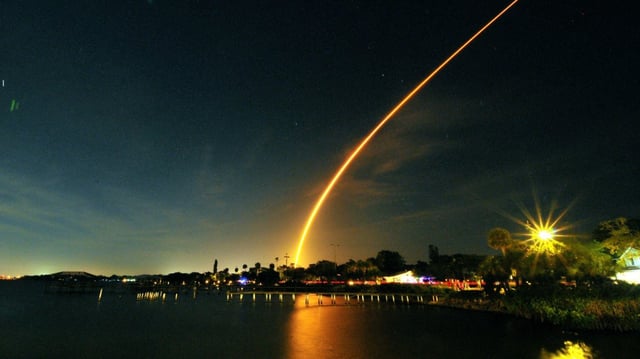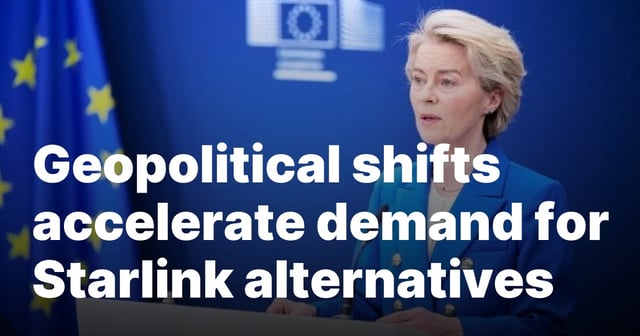Overview
- The European Commission, led by Ursula von der Leyen, is prioritizing investment in domestic satellite infrastructure to reduce reliance on U.S.-owned systems like Starlink.
- Contracts for the $11 billion IRIS² project have been signed, aiming to deploy over 290 satellites by 2031 to create a multi-orbit sovereign broadband network.
- Europe is expanding its role in direct-to-device (D2D) satellite services, with SES investing in Lynk Global and AST SpaceMobile partnering with Vodafone to strengthen European capabilities.
- Starlink remains dominant with over 5 million subscribers and 7,000 satellites, playing a critical role in defense scenarios such as Ukraine’s resistance against Russian aggression.
- SpaceX continues to enhance Starlink’s offerings, with plans for service guarantees and rapid upgrades through its Starship rocket, even as competition intensifies globally.



